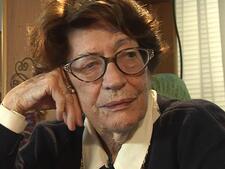Politics and Government
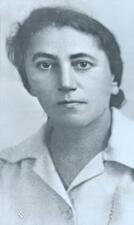
Miriam Shtarkman-Verlinsky
Miriam Shtarkman-Verlinsky was a trailblazer for women in the legal field in Israel, with a lifelong dedication to Zionism and women’s rights. Shtarkman-Verlinsky was the second women to become a judge in the newly established state and the first to become a Chief Magistrate.
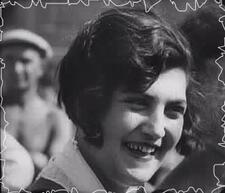
Esfir Il’inishna Shub
Esfir Shub was active as an editor, director, and writer of nonfiction films for twenty years, from 1927 to 1947—one of the few women in the Soviet Union at that time to achieve some standing in the film industry. Shub found success as a woman in the film industry by pioneering the form of compilation documentary and by producing technically competent work that satisfied the political needs of the communist moment.
Dora Shulner
Dora Shulner was a Yiddish writer who vividly evoked for her readers life in the Pale of Settlement before, during, and after the Russian Revolution and Civil War. She candidly portrayed women in their most intimate relationships with men, revealing the complexity of their disappointments and aspirations.
Lillie Shultz
Lillie Shultz poured her boundless energy into all aspects of her life. She was a journalist, a Zionist, a champion of the oppressed, a skilled administrator, and a businesswoman.
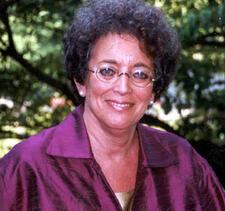
Betsy Shure Gross
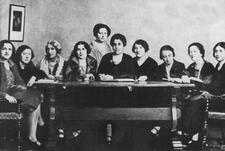
Rebecca Sieff
Rebecca Sieff, the daughter of a wealthy Jewish family from Manchester, England, played an active role in two central social-historical movements: the struggle for women’s rights and the Zionist movement that eventually led to the establishment of the State of Israel.
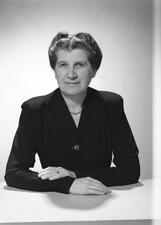
Ida Lewis Siegel
Ida Lewis Siegel was a volunteer leader in Toronto dedicated to Zionism and education. Siegel’s organizing talents over the decades benefited many Jewish community institutions, including the Youth Aliyah. She was also involved in the wider Toronto community, serving as a trustee of the Toronto Board of Education.
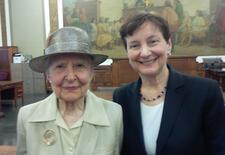
Shirley Siegel

Beverly Sills
Beverly Sills was a trailblazing opera singer who, after a robust singing career at the New York City Opera Company (NYCO) and the Metropolitan Opera House, became the first female director of the NYCO, and the first female chair of the Lincoln Center board. Sills defied the odds in her career accomplishments while raising two children with disabilities and being actively involved with several charitable organizations.
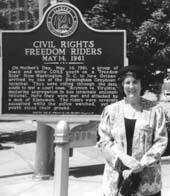
Carol Ruth Silver
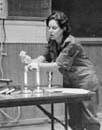
Marita Silverman
Elizabeth Blume Silverstein
Elizabeth Blume Silverstein’s long and productive life revolved around her work in criminal law, real estate management, and Jewish life. After successfully defending Orzio Ricotta on a homicide charge, a first for a New Jersey woman lawyer, Silverstein became a public speaker, and she was involved in law, politics, and Zionism.
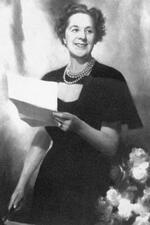
Caroline Klein Simon
Attorney Caroline Klein Simon’s long career included state office and judicial posts. She was a fierce advocate for gender and racial equality and made the first laws against real estate brokers using “blockbusting” tactics to force sales of homes.
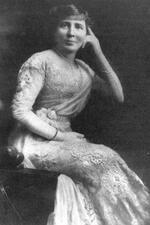
Carrie Obendorfer Simon
Carrie Obendorfer Simon helped shape the Reform movement as founder of the National Federation of Temple Sisterhoods, which quickly became the largest Jewish women’s organization in America.
Helene Simon
Greatly influenced by the socialist ideology of the Fabian Society in London, Helene Simon was as a pioneer in the theory and practice of social policy and welfare in Germany. Simon was a major advocate for structural changes in Germany’s welfare system, especially for the benefit of women and children.

Kate Simon

Amanda Simpson
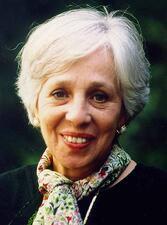
Maxine Singer
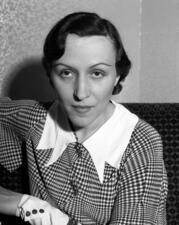
Berta Singerman
Berta Singerman (1901-1998) was an Argentine actress and reciter of poetry, famous throughout the Ibero-American cultural world. Born in Russia to a family of traditional singers (chazanim), she immigrated to Buenos Aires, Argentina, when she was four years old.
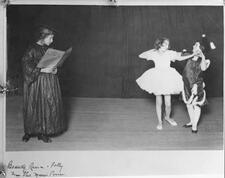
Sisterhoods of Personal Service in the United States
Sisterhoods of Personal Service coordinated the philanthropic work of synagogue sisterhoods across New York City and the United States in the late nineteenth and early twentieth centuries, assisting a considerable number of immigrants through a variety of financial, vocational, educational, and social programs.
Rachel Skidelsky
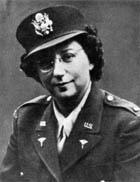
Frances Slanger
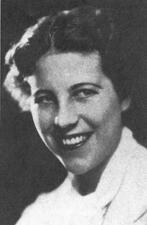
Tess Slesinger
Novelist and Hollywood screenwriter Tess Slesinger was born in New York on July 16, 1905. She published several works, including: The Unpossessedand Time: The Present. Slesinger died of cancer at age thirty-nine before the premiere of one of her final works, the acclaimed A Tree Grows in Brooklyn.
Chava Slucka-Kesten
Chava Slucka-Kesten started teaching in Warsaw before World War II and continued her career through the war in Moscow. After the war she became an author and sustained her political involvement. Writing from the perspective of a politically engaged woman, Slucka-Kesten offers a unique glimpse into pre- and post-war Jewish life in Poland’s cities and villages, as well as into the early years of the State of Israel.
